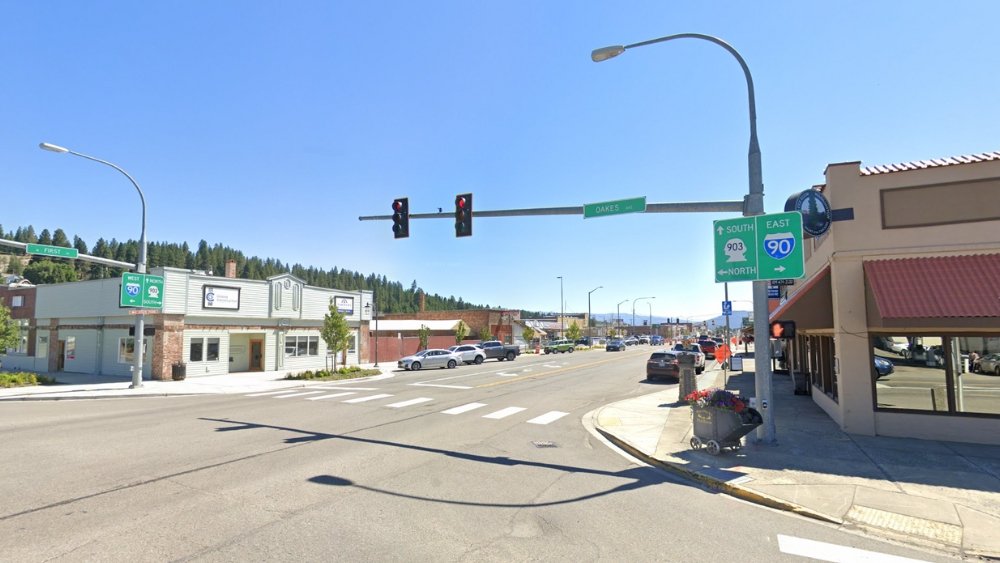Kip Santos is a trained civil engineer and construction manager who quit his job to build Local Conversations full-time. Now he splits his time between the U.S. and Canada, nurturing the groups he's founded and building missing middle housing. (Transcript included.)
Read MoreThe ripple effects of outdated parking mandates are felt everywhere, making it harder to build the kind of communities people want and need. North Carolina might be about to change that.
Read MoreOfficials in Ottowa, Canada, are showing that local governments don’t need to accept expensive and unproductive projects, even if they have a lot of momentum behind them.
Read MoreAttendees of last week’s National Housing Supply Summit hoped it would provide insights for how Washington can tackle America’s housing crisis. But expecting Washington to fix problems it helped create isn’t optimism; it’s a paradox.
Read MoreCities thrive when residents actively participate in conversations about their future. Whether through public comment or the written word, speaking up isn’t just an act of protest—it’s an act of stewardship. Here’s how one Albuquerque resident advocated for more housing in his city.
Read MoreRecent publications from The New York Times and the Civitas Institute prove that years of work by the growing Strong Towns movement — by people like you — is successfully spreading a forward-thinking approach to building towns.
Read MoreMost of today’s property tax systems discourage productive use of land while rewarding neglect. Minnesota is considering a policy that would change that.
Read MoreSean Hayford Oleary is a city council member in Richfield, Minnesota. Today, he and Norm discuss his efforts to reintroduce duplexes, reduce parking mandates, and support walkable neighborhoods. (Transcript included.)
Read MoreWhen cities fall into the Growth Ponzi Scheme, they prioritize rapid, short-term growth that strains city resources and reduces long-term prosperity. Residents of Bentonville, Arkansas, are feeling those effects firsthand.
Read MoreChuck is joined by Shayne Kavanagh, senior manager of research for the Government Finance Officers Association. Kavanagh discusses the role of finance officers as “decision architects” and shares some tactics they can use to improve their processes. (Transcript included.)
Read MoreThe Finance Decoder reveals the long-term trends hidden behind annual balanced budgets. For Kansas City, those trends are deeply problematic.
Read MoreA couple in Arkansas are showing how small-scale projects can breathe life into downtown and make homeownership more attainable for the next generation.
Read MoreTiffany is joined by Montana Gau, a Local Conversation leader in Denver. They discuss how Gau built the group into a registered nonprofit with several hundred members and how his role shifted from advocating “on the ground” to creating a space where others can more effectively advocate. (Transcript included.)
Read MoreAdvocates must adjust the way they talk about city planning. Overuse of jargon and a strict focus on logical debate alienates people, but focusing on the concrete benefits of better urban design — or, even better, showing those benefits — can make change more appealing.
Read MoreIn this episode, Abby is joined by Edward Erfurt to discuss the emergence of food deserts in the United States. They talk about the causes of this dilemma and ways that everyday people can address these food shortages in their communities. (Transcript included.)
Read MorePublic officials may feel forced to approve large, expensive projects. But in doing so, they are making high-stakes financial commitments with taxpayer money, often without fully understanding the long-term consequences. The results can be devastating.
Read MoreTravis Goedken is the city manager of Decorah, Iowa. He joins Norm to talk about the practices and reforms that are making Decorah strong, including making its budgeting easier to understand for residents and finding creative loopholes in restrictive state housing laws. (Transcript included.)
Read MoreAn overwhelming amount of information without context can be just as opaque as secrecy. That’s why transparency in city budgeting isn’t just about making numbers available — it’s about making them understandable. One city official in Maryland is making it his mission to do just that.
Read MoreWhat cities have successfully financed housing at the local level? How does tax increment financing work? When should cities stop subsidizing large-scale housing projects? Strong Towns President Chuck Marohn answers all these questions and more in this episode of the Strong Towns Podcast. (Transcript included.)
Read MoreDenver wants to repeal parking mandates citywide. This will help the city fight the housing crisis by reducing the costs and regulatory hurdles of development.
Read More



















